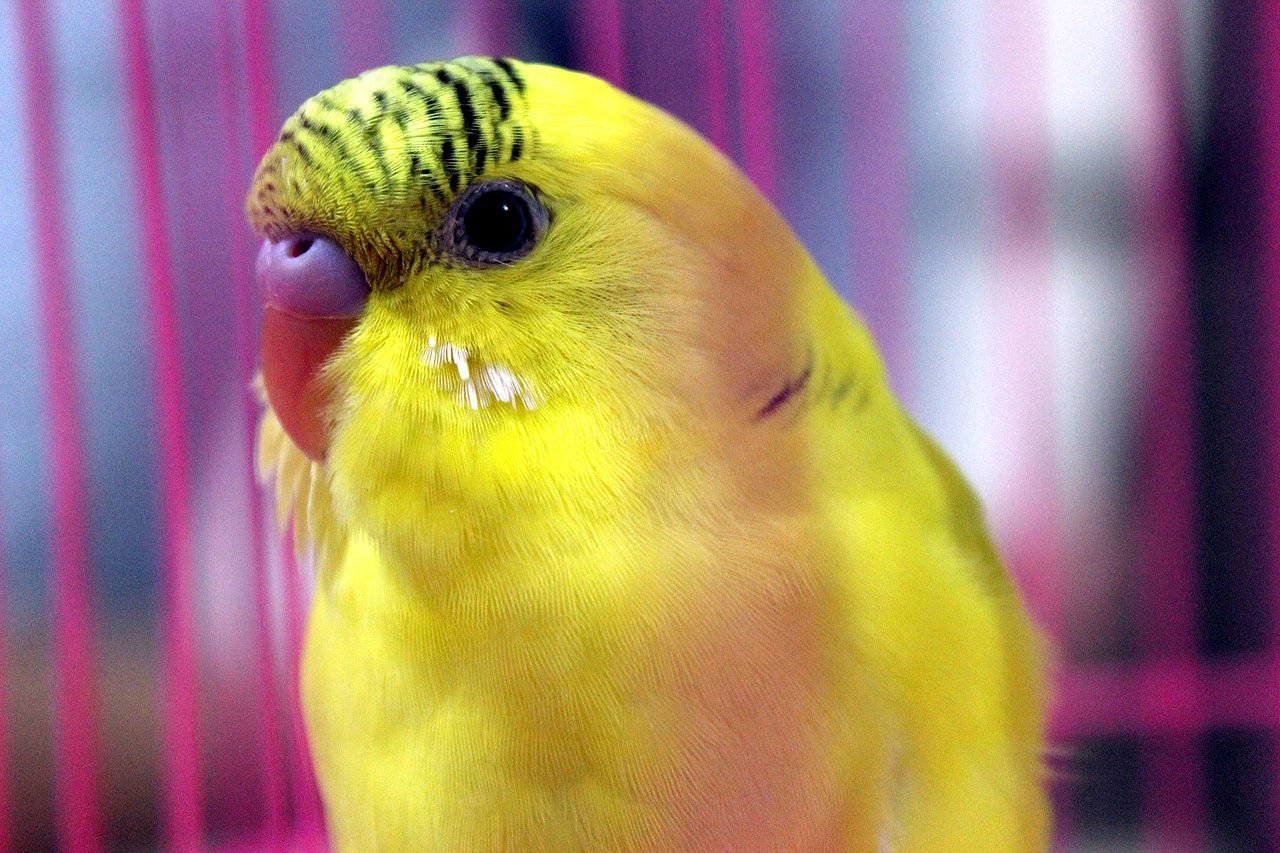Birds make for highly rewarding pets but they have complex needs. Few owners are deliberately negligent regarding the welfare of their birds but run into trouble because of a lack of knowledge. Birds have high metabolic rates which means that inadequacies in their diets will quickly lead to health issues. Bird nutrition is a problematic issue.
The most common mistake made by owners of pet birds is to feed them a seed only diet. Most seed mixtures are deficient in vitamins, minerals, amino acids and are high in fat. For years, a lack of nutritional research meant that balanced feeds for exotic birds were hard to come by but that is not the case today. There is now an excellent range of commercially produced feeds available which will provide optimum nutrition for birds.
The Trouble with Seeds
In the wild, birds would only eat dried seeds in times of hardship. Their diet would be biased towards fresher and more succulent foods and insects. Naturally this varies from species to species but a seed only diet will always be deficient in vitamin A and calcium.
It is possible to add supplements to seeds in order to improve bird nutrition but if these are in powder form they may fall to the bottom of the feeders or dishes and so will not be consumed by the birds. As many seeds are hulled by the birds, the powder clinging to the shell is lost. When added to water instead of feed, supplements can be provided to excess and this will also result in health issues. A seed diet necessitates the provision of supplements but care must be taken to ensure that the correct amounts are given and consumed.
In addition, there are several suitable foods which are rich in vitamin A which can be used to supplement a diet of seeds. These include red, orange and dark yellow vegetables – carrots, sweet potatoes, squash, papaya and red peppers. Dark green leafy vegetables such as spinach and broccoli are also good sources of vitamin A.
Mineral supplementation is especially important. Cuttlebone and mineral block are the best choices.
Complete Bird Nutrition
These feeds are available in pellet, granule and crumble form. This means that it is not possible for the birds to exercise selective feeding whereas mixes can result in cherry picking. Like kids who will eat the meat but leave the vegetables on their plate, birds will pick out their favourite foods and can ignore elements of their feed given the chance. The complete feeds also have the advantage of producing little waste and being easy to measure into the correct portion size.
The Perfect Combination
The chief drawback of pellet type complete foods is a lack of variety for the birds. Perhaps the best solution is a diet which is made up of approximately 80% commercially produced complete feeds and 20% of appropriate fruit, veg and nuts.
As so many health issues in caged birds are the result of malnutrition, great care must be taken to provide a diet which features all of the nutrients that the birds require. A little trial and error might be needed to achieve a balance which deliver optimum nutrition but which also pleases the birds.

